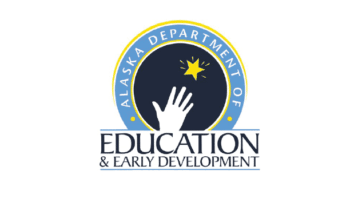It seems everywhere we turn these days, we see references to childhood trauma. Also called toxic stress, or adverse childhood experiences, it refers to the profound and long-lasting effects that traumatic experiences can have on children. What kind of experiences are we talking about? For starters, family dysfunction, an incarcerated family member, substance abuse, domestic violence, and neglect.
Recent studies show that multiple traumas in a young child’s life are linked to myriad problems later, ranging from illness such as heart disease, diabetes and cancer, to social ills such as substance abuse and incarceration.
Are young children copying the life patterns of their parents? While that might be part of the cause, the startling news is that toxic stress brought on by traumatic experiences interferes with healthy brain development.
Children exposed to adverse childhood experiences are not necessarily doomed. We can improve a child’s odds by taking steps to prevent and reduce the effects of trauma. Those steps take many forms, not the least of which is from those closest to children: parents, family members, and friends.
We urge parents to read, talk, sing, and play with their children every day. Children who enjoy that frequent interaction have healthier brain development and are better prepared to handle life’s difficulties. They develop internal strength and resilience that help them withstand trauma they might experience.
Other family members and friends can help, too. If they see a family in distress, they can ask local agencies about appropriate interventions. Much work is underway, including here in Alaska, to lessen the effects of toxic stress. An excellent resource to learn more about the problem of toxic stress is a report by the Alaska Department of Health and Social Services, Adverse Childhood Experiences – Overcoming ACEs in Alaska.
Persistent childhood trauma is a huge issue in Alaska, which doesn’t compare favorably with other states. To learn about what’s being done to prevent and mitigate the problem, check out this report.
Another good resource is Saving Brains: A Grand Challenge, a video from Canada.

